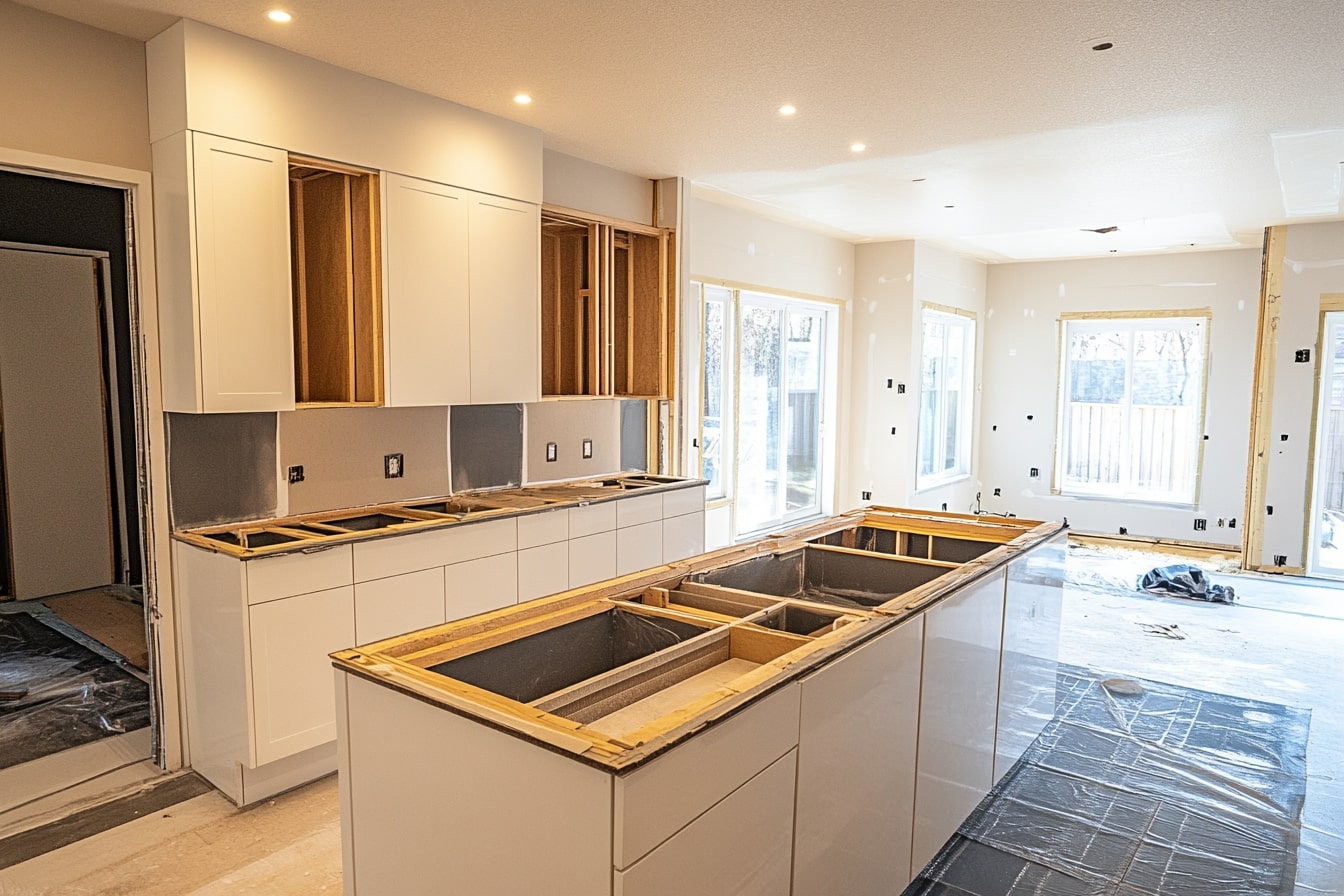Transform Your Space with Smart Design and Modern Materials
Kitchen remodeling represents one of the most rewarding home improvement projects, offering the opportunity to enhance both functionality and aesthetic appeal. Whether you're looking to modernize an outdated space or optimize workflow efficiency, understanding current design trends, sustainable materials, and innovative solutions can help you create a kitchen that perfectly balances style with practicality for years to come.

Transforming your kitchen through remodeling involves careful planning, strategic design choices, and understanding the latest innovations available in today’s market. A well-executed renovation can significantly improve your daily cooking experience while adding substantial value to your home. Modern homeowners increasingly prioritize spaces that combine cutting-edge functionality with environmental consciousness, creating kitchens that serve as both practical workspaces and gathering centers for family life.
What Kitchen Design Innovations Are Shaping Modern Spaces?
Contemporary kitchen design innovations focus on maximizing efficiency while incorporating smart technology seamlessly into daily routines. Hidden storage solutions, such as pull-out pantries and corner carousel systems, optimize every inch of available space. Smart appliances now offer voice control, energy monitoring, and remote operation capabilities, allowing homeowners to manage cooking tasks more efficiently. Multi-level islands provide additional workspace while creating natural divisions between cooking and social areas. Integrated lighting systems adapt to different activities throughout the day, from bright task lighting for food preparation to ambient lighting for entertaining.
Which Modern Kitchen Materials Will Define 2025?
The material landscape for kitchen remodeling continues evolving toward durability, sustainability, and low maintenance requirements. Quartz countertops maintain their popularity due to their non-porous nature and consistent patterns, while natural stone options like granite remain timeless choices. Engineered wood flooring offers water resistance superior to traditional hardwood, making it ideal for kitchen environments. Stainless steel continues dominating appliance finishes, though matte black and integrated panel designs are gaining traction. Cabinet materials now include bamboo, reclaimed wood, and high-quality laminates that mimic natural textures while offering superior durability and easier maintenance.
How Can You Create Functional and Eco-Friendly Kitchens?
Sustainable kitchen design combines environmental responsibility with practical functionality through thoughtful material selection and energy-efficient systems. LED lighting reduces energy consumption while providing superior illumination for cooking tasks. Water-efficient fixtures and appliances minimize resource usage without compromising performance. Recycled and rapidly renewable materials, such as bamboo cabinetry and recycled glass countertops, reduce environmental impact while maintaining aesthetic appeal. Proper insulation and energy-efficient windows help regulate temperature naturally, reducing reliance on heating and cooling systems. Composting systems and recycling stations integrated into cabinetry design encourage sustainable daily practices.
| Service Type | Provider | Cost Estimation |
|---|---|---|
| Full Kitchen Remodel | Local Contractors | R$25,000 - R$80,000 |
| Cabinet Refacing | Specialized Services | R$8,000 - R$25,000 |
| Countertop Installation | Stone Fabricators | R$3,000 - R$15,000 |
| Appliance Package | Major Retailers | R$10,000 - R$40,000 |
| Flooring Installation | Flooring Specialists | R$2,500 - R$12,000 |
Prices, rates, or cost estimates mentioned in this article are based on the latest available information but may change over time. Independent research is advised before making financial decisions.
Successful kitchen remodeling requires balancing immediate needs with long-term functionality, ensuring your investment continues providing value for years ahead. By incorporating innovative design elements, selecting appropriate materials for your specific requirements, and prioritizing sustainable practices, you can create a kitchen space that enhances both daily living and overall home value. The key lies in understanding how different components work together to create a cohesive, efficient environment that reflects your personal style while meeting practical demands of modern life.




